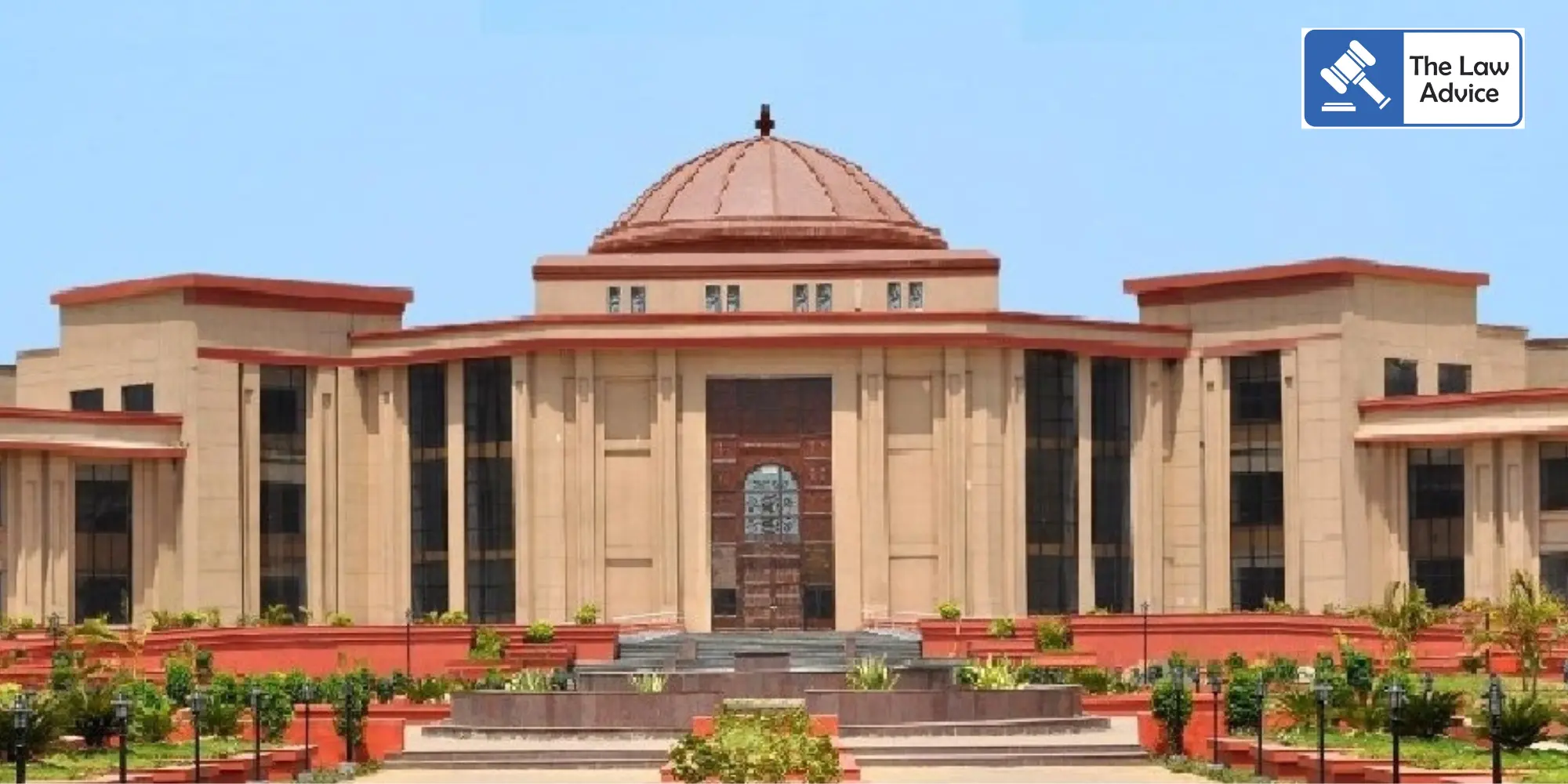
Expressing serious concern over allegations that certain missionary groups are engaging in religious conversions, particularly in remote tribal regions of Chhattisgarh, the Chhattisgarh High Court described “conversion by inducement” as a social menace. The Bench observed that this threat arises when conversion is no longer an act of individual faith but results from “inducement, manipulation, or exploitation of vulnerability.”
The Court made these remarks while upholding the Gram Sabhas’ action of installing hoardings at village entry points barring the entry of Christian pastors and converted Christians — an act purportedly aimed at curbing conversions obtained through coercion or inducement.
Motivated Conversion Violates Indigenous Cultural Identity
A Division Bench of Chief Justice Ramesh Sinha and Justice Bibhu Datta Guru noted that religious conversion remains a sensitive and divisive issue in India’s sociopolitical sphere.
“Among the various types of conversion, those reportedly conducted by Christian missionaries among the poor and uneducated tribal populations have drawn significant controversy,” the Court said.
While affirming that Article 25 guarantees freedom to profess, practice, and propagate religion, the Bench cautioned that misuse of this right through coercion or deception disturbs social harmony and threatens tribal cultural identity. The Court traced missionary activity to the colonial era, observing that although it initially focused on education and welfare, some groups later began using these institutions as means of proselytization.
The Court highlighted that among economically and socially marginalized communities, particularly Scheduled Tribes and Scheduled Castes, conversions often occurred under promises of better livelihood, education, or social equality.
“What began as service,” the Bench remarked, “gradually turned into a subtle instrument of religious expansion.”
In tribal belts, missionaries were accused of targeting impoverished families by offering monetary help, free schooling, or employment in exchange for conversion. Such conduct, the Court said, “distorts the essence of voluntary faith and constitutes cultural coercion.”
This trend, it observed, has created social fragmentation within tribal societies, where converted Christians often adopt new customs and detach from traditional community practices — leading to polarization, boycotts, and even clashes.
“Conversion by Inducement” – A Social Threat
While reaffirming the constitutional guarantee under Article 25, the Court emphasized that the right to religion is not absolute. It cited several states’ anti-conversion laws enacted to prevent the misuse of this liberty and referred to Rev. Stanislaus v. State of Madhya Pradesh (1977), where the Supreme Court upheld such legislation.
“The real challenge,” the Bench stated, “lies in balancing freedom of religion with protection of tribal culture. For indigenous communities, religion is deeply tied to their traditions and ecology. Forced conversion disrupts this natural bond and leads to loss of language, rituals, and customary law.”
The Court declared that voluntary and spiritual conversions are protected by conscience, but those motivated by deceit or inducement are “acts of exploitation masquerading as charity,” undermining both faith and freedom. Such activities, it said, “threaten the unity and cultural continuity of India’s indigenous societies.”
The Bench clarified, however, that the solution lies not in intolerance, but in ensuring faith remains a matter of conviction, not compulsion.
The case arose after several Gram Sabhas in Kanker district erected hoardings restricting the entry of Christian pastors and converts, claiming to protect their traditional values under the Panchayat (Extension to Scheduled Areas) Act, 1996 (PESA Act).
Petitioners — practising Christians — alleged that these actions were influenced by a government circular dated 14 August 2025, which encouraged the preservation of “Jal, Jangal, Jameen” (water, forest, and land). They argued that such restrictions violated their rights under Articles 19(1)(d) (freedom of movement) and 25 (freedom of religion).
The State, however, defended the hoardings as a legitimate exercise of Gram Sabha powers under the PESA Act and PESA Rules, 2022, emphasizing their duty to protect tribal culture. Citing Madhya Pradesh Dharma Swatantrya Adhiniyam, 1968, it argued that preventing conversion by force or allurement is constitutionally permissible.
The High Court reaffirmed that Article 25 rights are subject to public order, morality, and health. Referring to Rev. Stanislaus (1977), it reiterated that the right to propagate religion does not include the right to convert others.
Recognizing the Gram Sabha as a constitutionally empowered body under the PESA Act, the Court held that installing cautionary hoardings to prevent unlawful conversion activities cannot be deemed unconstitutional.
“In view of the observations made by the Apex Court, installation of hoardings preventing forcible conversions by allurement or fraud cannot be termed unconstitutional. The action appears to be a precautionary measure to protect tribal interests and cultural heritage.”
The petitions were accordingly disposed of, with liberty granted to the petitioners to pursue alternative remedies under the PESA Rules. The Bench also directed that if any individual fears threats to life, liberty, or movement, they may seek protection from the jurisdictional police, which must act in accordance with law.
Case Title: Digbal Tandi v. State of Chhattisgarh & Ors.
Case Nos.: WPPIL No. 83 of 2025 & WPPIL No. 86 of 2025
Website designed, developed and maintained by webexy